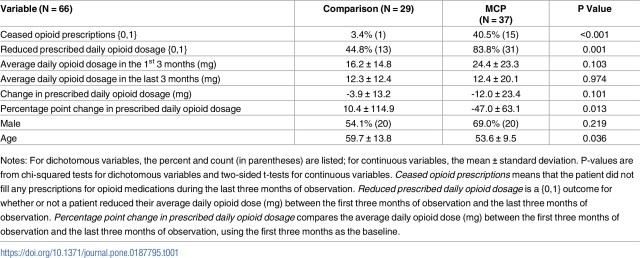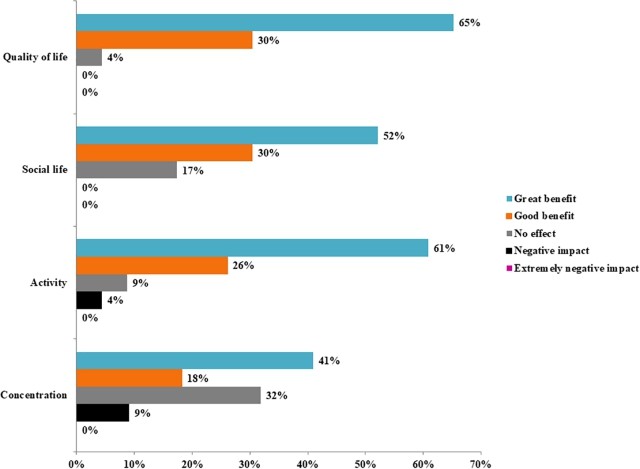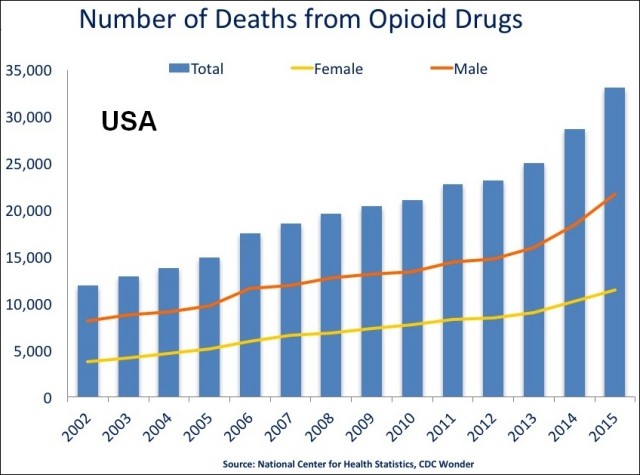Open source online medical journal PLOS One last week published results of a study that found that patients suffering from chronic pain were able to reduce or cease use of prescription opioid medications after being treated with medical cannabis.
Titled, “Associations between Medical Cannabis and Prescription Opioid Use in Chronic Pain Patients: A Preliminary Cohort Study,” the study followed two small groups of patients suffering from chronic back pain controlled with opioid medications. Drs. Jacob Miguel Vigil, associate professor, Department of Psychology, and Sarah See Stith, assistant professor, Department of Economics, at the University of New Mexico, authored the study.
Researchers followed 37 patients using prescription opioids to treat chronic pain who enrolled in the New Mexico Medical Cannabis Program (MCP), between 2010 and 2015, including for three months prior to their enrollment in the cannabis program. Data for 29 patients that also used prescription opioids for chronic back pain but were not enrolled in the MCP program was compared against data collected from the first group, tracked through state Prescription Monitoring Program opioid records, and collected over a 21-month period.

The study also documented affects and side affects reported by MCP patients; researchers found that patients using cannabis reported “pain reduction, quality of life, social life, activity levels, and concentration, and few side effects from using cannabis one year after enrollment in the MCP.”
Researchers used a chart to show “that respondents reported pain reduction from self-administered cannabis use.”

The authors added, finally, “If cannabis can serve as an alternative to prescription opioids for at least some patients, legislators and the medical community may want to consider medical cannabis programs as a potential tool for combating the current opioid epidemic.”








